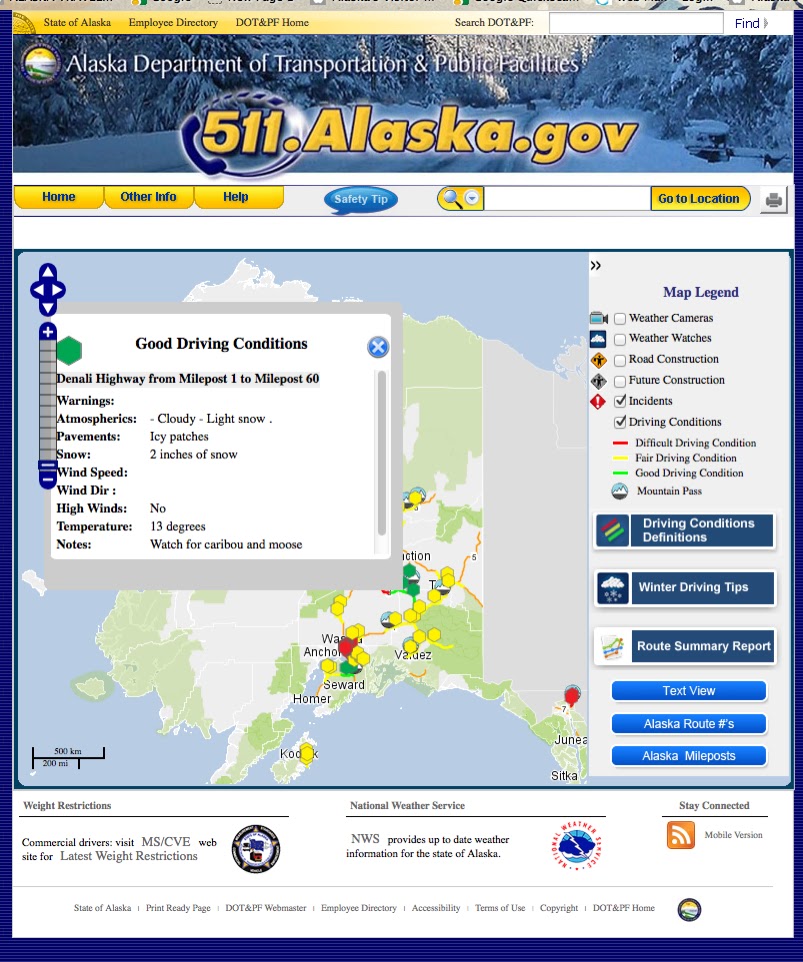Ten Year Old Walter Charley Survived 1918 Flu & Became Influential Leader
Walter Charley was one of the Copper River Valley's major Ahtna leaders in recent times. He was a survivor of the terrible 1918 flu epi...
https://www.countryjournal2020.com/2020/04/walter-charley-was-one-of-copper-river.html
Walter Charley was one of the Copper River Valley's major Ahtna leaders in recent times. He was a survivor of the terrible 1918 flu epidemic, which swept through the remote valley, killing people here just as relentlessly as in the largest cities of the world.
Walter Charley was born at a place called "Wood Camp" near Copper Center in 1908. Wood Camp was a spot along the river where Ahtna Natives brought big stacks of firewood they had cut, to fuel the steamboats that traveled the raging Copper for a short period of time.
Struck By The 1918 Flu
In 1918, when he was only ten years old, young Walter's entire family was struck down and killed by the great world-wide flu epidemic. The vast distances between the great cities of America and the tiny villages and settlements of Alaska did not protect his family – or other Alaskan families.
Life Of Service
Young Walter grew up fast. He was raised by an aunt and uncle, and grew into a confident leader who straddled two worlds. He went on to a highly productive and influential life, overcoming enormous challenges. Influential in Native rights, labor issues, and the Native Land Claims Act, he was named Alaska Federation of Natives Citizen of the Year. He was also president of Ahtna Construction during the Pipeline years, served as Chitina's village council president, was president of the Copper Valley Senior Citizen Advisory Board, and was commissioner at Wrangell-St. Elias National Park.
Walter Charley had strong feelings about the need for community service and unity. "Unity is the only thing that will bring us together," he said of the Copper River Valley.
Work & Family
In the 1920's and 1930's, Walter Charley worked on the Copper River & Northwestern Railway between Chitina and the Kennicott Mines. He later worked with the Alaska Road Commission, surveying the Glenn Highway. In the late 1930's, while working the railroad between Chitina and Cordova, Walter was riding the train and surveying the landscape from the window. From the cars, he spotted a young Ahtna girl in the distance. She was hanging up clothes on a line, the fabric flapping in the Chitina winds like a bright red bullfighter's cape waved in front of a confused bull. The girl was named Mamie, and the story of their romance was one he'd told for the rest of their lives.
In 1988, fifty years after he spotted her from the train and 70 years after the flu epidemic, the couple held a golden anniversary party. Walter and Mamie's family played the couple's favorite song on a scratchy old record. It was the Tennessee Waltz.
Here's to Walter Charley, who overcame the perils of an epidemic, worked hard all his life, and raised a family. And here's a link to their song, the Tennessee Waltz:
Walter Charley was born at a place called "Wood Camp" near Copper Center in 1908. Wood Camp was a spot along the river where Ahtna Natives brought big stacks of firewood they had cut, to fuel the steamboats that traveled the raging Copper for a short period of time.
 |
| Walter Charley (Photo, Copper River Country Journal Archives) |
Struck By The 1918 Flu
In 1918, when he was only ten years old, young Walter's entire family was struck down and killed by the great world-wide flu epidemic. The vast distances between the great cities of America and the tiny villages and settlements of Alaska did not protect his family – or other Alaskan families.
Life Of Service
Young Walter grew up fast. He was raised by an aunt and uncle, and grew into a confident leader who straddled two worlds. He went on to a highly productive and influential life, overcoming enormous challenges. Influential in Native rights, labor issues, and the Native Land Claims Act, he was named Alaska Federation of Natives Citizen of the Year. He was also president of Ahtna Construction during the Pipeline years, served as Chitina's village council president, was president of the Copper Valley Senior Citizen Advisory Board, and was commissioner at Wrangell-St. Elias National Park.
Walter Charley had strong feelings about the need for community service and unity. "Unity is the only thing that will bring us together," he said of the Copper River Valley.
Work & Family
In the 1920's and 1930's, Walter Charley worked on the Copper River & Northwestern Railway between Chitina and the Kennicott Mines. He later worked with the Alaska Road Commission, surveying the Glenn Highway. In the late 1930's, while working the railroad between Chitina and Cordova, Walter was riding the train and surveying the landscape from the window. From the cars, he spotted a young Ahtna girl in the distance. She was hanging up clothes on a line, the fabric flapping in the Chitina winds like a bright red bullfighter's cape waved in front of a confused bull. The girl was named Mamie, and the story of their romance was one he'd told for the rest of their lives.
In 1988, fifty years after he spotted her from the train and 70 years after the flu epidemic, the couple held a golden anniversary party. Walter and Mamie's family played the couple's favorite song on a scratchy old record. It was the Tennessee Waltz.
Here's to Walter Charley, who overcame the perils of an epidemic, worked hard all his life, and raised a family. And here's a link to their song, the Tennessee Waltz:















